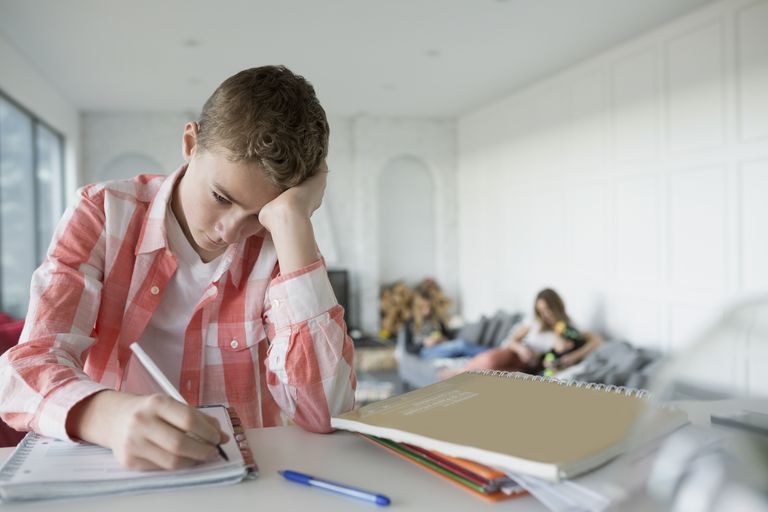Blog
Does Your Child Have Anxiety?
What to look for

We all want our children to grow up happy, fearless, and joyful. Unfortunately, life can complicate matters and young minds suffer negative consequences from unforeseen trauma, unavoidable hardship, or other tough experiences. Anxiety in children can come from anywhere: The fear of doing poorly in school, a scary movie or scene from real life, hidden abuse, or overheard conversations not meant for them. It’s our job as parents to protect our children as best as we possibly can. And if something seems off, it’s our job to take action. Here are some signs that your child might be experiencing anxiety.
For example, your child may think that they are not good at math: each day when it's time for a math lesson, your child may complain of a stomachache in anticipation. They may ask to go to the school nurse, and then miss the lesson and struggle to complete the worksheets that are sent home for homework. Anxiety can look like your child is struggling with a particular subject, but it is the thought that they can't do math that leads to losing out on instruction, rather than a true learning disability.
Similarly, being preoccupied with thoughts can also look like a focus issue, but your child may be internally occupied and instead worrying about their safety or the safety of their family. A child with anxiety may be internally experiencing fear of being called on or criticized.
Anxiety and ADHD, at times, often look very much like each other, and it takes a discerning eye to figure out which one it is. And, to complicate things further, sometimes there can be a little bit of both.
Signs and Symptoms of Anxiety in Children
So, what does anxiety look like in children? Anxiety presents itself in many different ways in children, ways that are not always easy to pick up on. These symptoms, as defined by anxiety.org include:
- Agitation
- Restlessness
- Inattention, poor focus
- Somatic symptoms like headaches or stomachaches
- Avoidance
- Tantrums
- Crying
- Refusing to go to school
- Meltdowns before school about clothing, hair, shoes, socks
- Meltdowns after school about homework
- Difficulties with transitions within school, and between school and an activity/sport
- Difficulty settling down for bed
- Having high expectations for school work, homework and sports performance
As with any illness, mental or physical, the sooner you intervene, the better. Get your little one into treatment with a therapist that’s trauma-informed and takes cognitive behavioral approach to care. If you think your child may need to see a professional, start by making an appointment with your primary care provider. He or she will help set you on the right path to happier days ahead.
Posted in: Kids